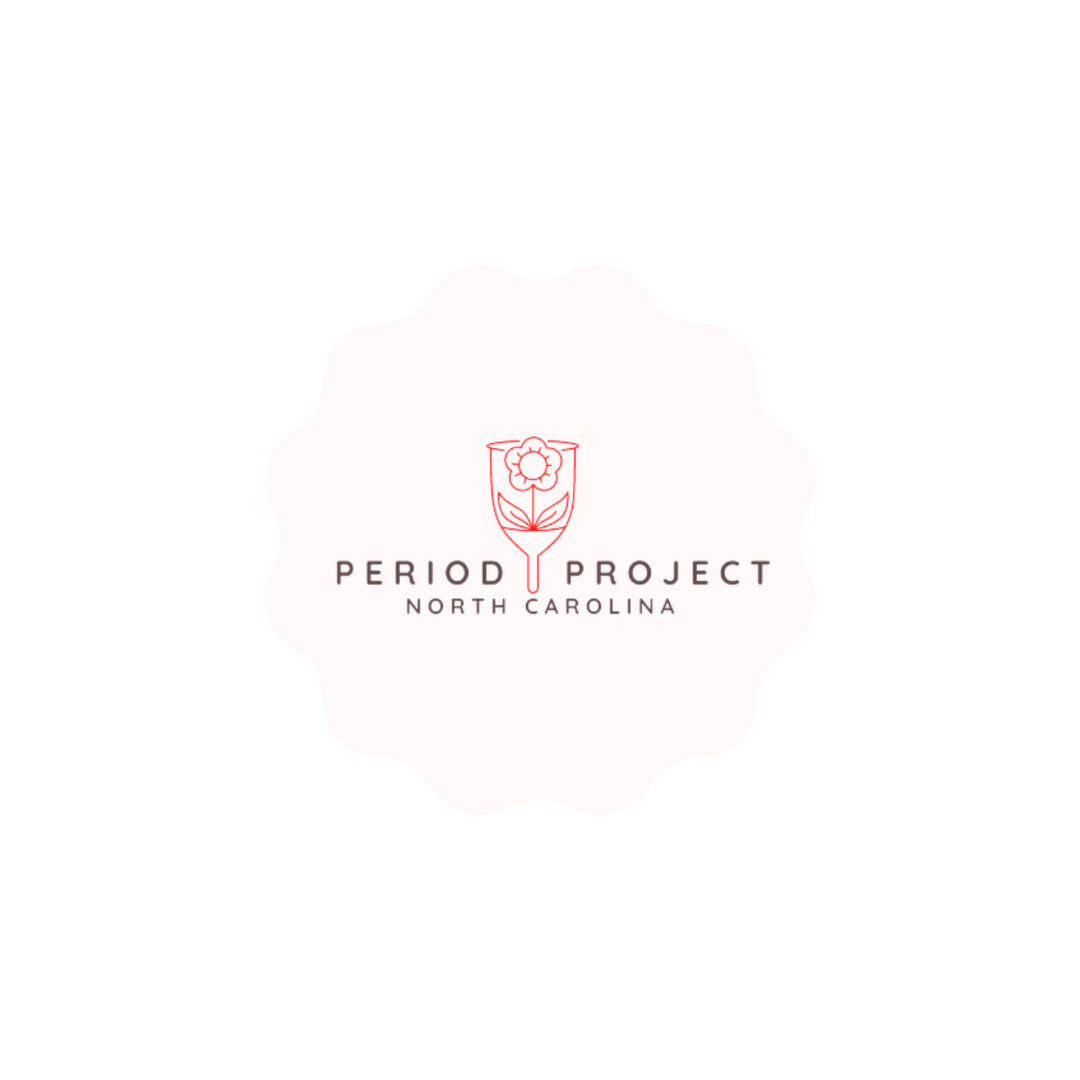Menstruation, also known as the "chriss period," is a natural biological process that every menstruating individual experiences. It is an essential part of reproductive health and plays a crucial role in overall well-being. Despite its universality, many myths and misconceptions surround this topic, making it vital to educate ourselves and others about the facts.
Understanding the chriss period goes beyond just recognizing the physical aspects. It involves learning about the menstrual cycle, its phases, common symptoms, and how to manage it effectively. This article aims to provide a detailed exploration of the chriss period, ensuring you have all the information you need to stay informed and make the best decisions for your health.
Whether you're seeking to learn more about your body or looking for ways to support someone close to you, this guide will cover everything you need to know. From the basics to advanced tips, we'll explore menstrual health comprehensively and help you navigate this essential aspect of life.
Read also:When Was Yg Marley Born A Comprehensive Look At His Life Career And Legacy
Table of Contents
- Biography of the Chriss Period
- What is Chriss Period?
- Phases of the Menstrual Cycle
- Symptoms and Discomfort
- Managing Your Chriss Period
- Common Menstrual Disorders
- Nutrition and Lifestyle Tips
- Mental Health During the Chriss Period
- Menstrual Products Overview
- Conclusion and Call to Action
Biography of the Chriss Period
Before diving into the specifics, it's essential to understand the history and significance of the chriss period. Menstruation has been a part of human life since ancient times, yet it remains a topic surrounded by stigma and misinformation.
Data and Facts
| Fact | Details |
|---|---|
| Average Duration | 3-7 days |
| Age of Onset | 11-14 years old |
| Average Cycle Length | 28 days (varies individually) |
| Menstrual Blood Volume | 30-40 ml per cycle |
The chriss period is a monthly occurrence that marks the shedding of the uterine lining, preparing the body for potential pregnancy. While the process is natural, cultural and societal norms have often led to misunderstandings about its importance.
What is Chriss Period?
The chriss period refers to the menstrual phase of the reproductive cycle, where the body sheds the lining of the uterus through the vagina. This process typically lasts between three to seven days and is influenced by hormonal changes.
Understanding the chriss period involves recognizing its role in fertility and overall reproductive health. Hormones like estrogen and progesterone regulate the menstrual cycle, ensuring the body is prepared for conception.
Phases of the Menstrual Cycle
The menstrual cycle consists of several phases, each playing a crucial role in preparing the body for potential pregnancy. These phases include:
- Menstruation: The shedding of the uterine lining.
- Follicular Phase: The development of ovarian follicles.
- Ovulation: The release of an egg from the ovary.
- Luteal Phase: Preparation of the uterine lining for implantation.
Each phase is influenced by hormonal fluctuations, ensuring the body is ready for conception. Understanding these phases can help individuals track their cycles and identify any irregularities.
Read also:Justin Bingham Age Unveiling The Life Journey And Impact
Symptoms and Discomfort
Many individuals experience symptoms during their chriss period, ranging from mild discomfort to severe pain. Common symptoms include:
- Cramps
- Bloating
- Headaches
- Mood swings
- Food cravings
These symptoms are often caused by hormonal changes and can vary from person to person. Identifying and managing these symptoms is key to maintaining comfort during the chriss period.
Managing Your Chriss Period
Effectively managing the chriss period involves adopting strategies to alleviate symptoms and maintain overall well-being. Tips for managing your period include:
- Using appropriate menstrual products
- Applying heat to relieve cramps
- Practicing gentle exercise
- Staying hydrated
- Consulting a healthcare professional for severe symptoms
These strategies can help improve comfort and ensure a smoother experience during the chriss period.
Common Menstrual Disorders
While the chriss period is a natural process, some individuals may experience disorders that affect their menstrual health. Common disorders include:
- Dysmenorrhea: Painful periods
- Amenorrhea: Absence of menstruation
- Menorrhagia: Excessive bleeding
- Premenstrual Syndrome (PMS): Emotional and physical symptoms before menstruation
Seeking medical advice for these conditions is essential for proper diagnosis and treatment. Understanding the symptoms and causes of these disorders can help individuals manage their health effectively.
Nutrition and Lifestyle Tips
Nutrition and lifestyle play a significant role in managing the chriss period. Incorporating the right foods and habits can help alleviate symptoms and improve overall health. Key tips include:
- Consuming foods rich in iron and magnesium
- Avoiding caffeine and alcohol
- Engaging in regular physical activity
- Practicing stress-reducing techniques like meditation
By adopting these habits, individuals can enhance their well-being and manage their chriss period more effectively.
Mental Health During the Chriss Period
The chriss period can also impact mental health, with many individuals experiencing mood swings and emotional changes. Hormonal fluctuations are often responsible for these changes, making it essential to prioritize mental well-being.
Strategies for maintaining mental health during the chriss period include:
- Practicing mindfulness
- Connecting with supportive friends and family
- Seeking professional help if needed
Addressing mental health during the chriss period is crucial for overall wellness and quality of life.
Menstrual Products Overview
Choosing the right menstrual product is essential for comfort and convenience during the chriss period. Common options include:
- Pads
- Tampons
- Menstrual cups
- Period underwear
Each product has its advantages and disadvantages, making it important to select the one that best suits individual needs and preferences.
Conclusion and Call to Action
In conclusion, understanding the chriss period is vital for maintaining reproductive and overall health. By educating ourselves and others about the menstrual cycle, symptoms, and management strategies, we can break down stigmas and promote well-being.
We encourage you to share this article with others and engage in discussions about menstrual health. Leave a comment below if you have any questions or insights, and explore our other articles for more information on related topics.
Remember, taking care of your health is essential, and knowledge is the first step toward empowerment. Stay informed and prioritize your well-being during every phase of life.


